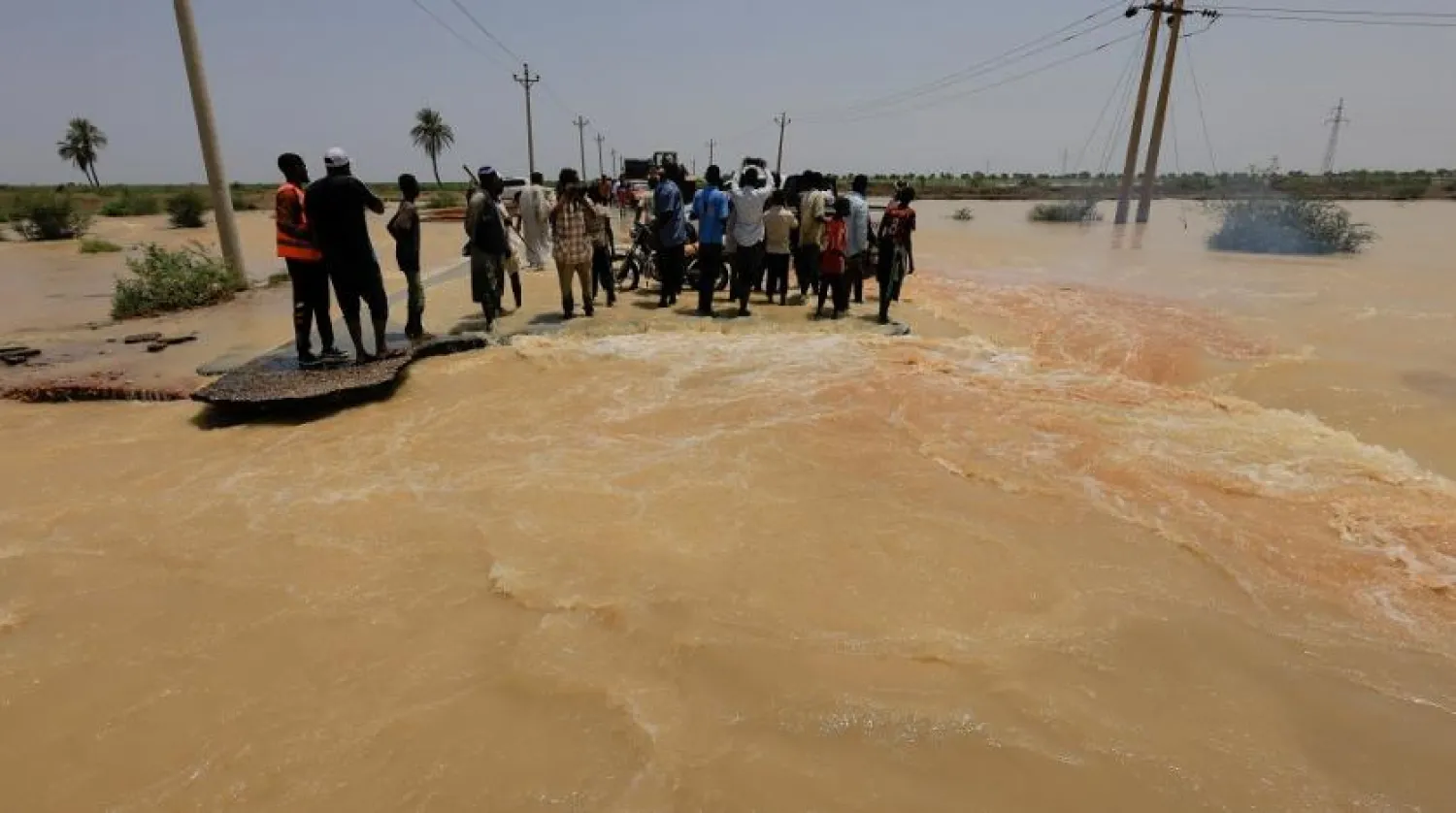Flash floods in Sudan have killed 12 more people died over the past week, a Sudanese official said Monday, bringing the death toll since the start of the rainy season in May to 112.
Brig. Gen. Abdul-Jalil Abdul-Rahim, spokesman for Sudan’s National Council for Civil Defense, said at least 115 people have been injured, The Associated Press reported.
The downpours, which began earlier than normal this year, also inundated around 85,000 houses, hospitals, schools, and other government facilities across the country, he said.
The spokesman said the deaths included 74 people who drowned, 32 died when their homes collapsed while six died of electrocution.
Sudan’s rainy season usually starts in June and lasts until the end of September, with floods peaking in August and September. The United Nations last week said at least 258,000 people have been affected by floods in 15 of Sudan’s 18 provinces.









